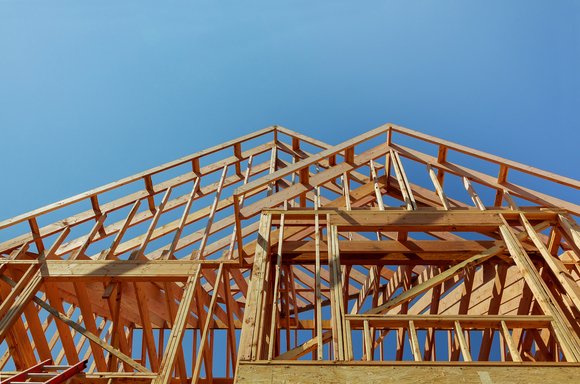Top tips for investing in construction loans – part two
Construction investments can be a tricky concept to understand. For this reason, we often find investors shy away from investing in available construction loans.
After more than 25 years in the business, SCP’s lent on its fair share of construction loans. Although past performance doesn’t determine future results, we’re proud to say in that time we’ve never lost an investor’s money.
In the last newsletter SCP’s Credit Analyst, Arishma Lata, looked at how we fund construction loans. This month, Arishma looks at the construction management process at SCP.
How does SCP manage the construction loan process?
We closely manage the construction process of our loans. We want to ensure construction is progressing as it should and that our loan funding is in the right place at the right time. Doing this provides us with the opportunity to identify and mitigate any potential issues over the course of the build.
Here are some of the key steps in our management process:
- PDD requests. Construction loans are funded as the build progresses, rather than a lump sum at the start like our residential loans. We call this a progress drawdown (PDD). We ensure PDD requests come through at regular intervals of 4-6 weeks. Alerts are scheduled if these go beyond that time frame. A delay in a PDD request could signal a slowdown of the build for reasons such as labour shortages, weather, or material shortages. So, it’s important to identify these promptly.
- Regular site visits. Someone from SCP regularly drives past the construction site to check build progress, if there are tradespeople on site, and if the site is tidy and well looked after.
- Monitoring funds. Since our construction loans work through PDDs, we’re able to monitor build progress against the total cost to complete the build. This means any overspends are picked up quickly and we ensure there are enough funds to complete all stages of the build.
- Monitoring loan terms. We monitor the remainder of the loan term against the build’s progress. Any delays in the build progress could signal the need for a short renewal to allow sufficient time to complete the project.
- Monitoring Contract Works Insurance. All construction projects must have insurance, often known as Contract Works Insurance (CWI), in case anything goes wrong during the construction process. We know the CWI expiry date for all our construction loans and we ensure our loans are insured for the duration of the project.
What happens if the loan expires before the build is completed?
All our construction loans are on fixed-term contracts from 6 – 24 months. If a construction loan is approaching the end of its term but isn’t yet complete, we’ll sometimes renew the loan. This depends on many factors including: the build’s progress, an updated construction cost, an updated valuation, and a full understanding of why construction is still underway.
Due to our strict construction management processes, we know well in advance if a loan likely needs renewal and if we’re likely to extend the loan. If we’re happy with the build’s progress and the updated project valuation, we’ll renew the loan for another fixed term. Renewing a construction project loan is the best strategy to ensure the project is completed and the exit of refinance, or sale of the properties, realised.
We’ve got a range of good quality construction projects on the Investor Portal, thanks to SCP’s growth across New Zealand. If you have any questions about construction loans, please don’t hesitate to get in touch with us.



